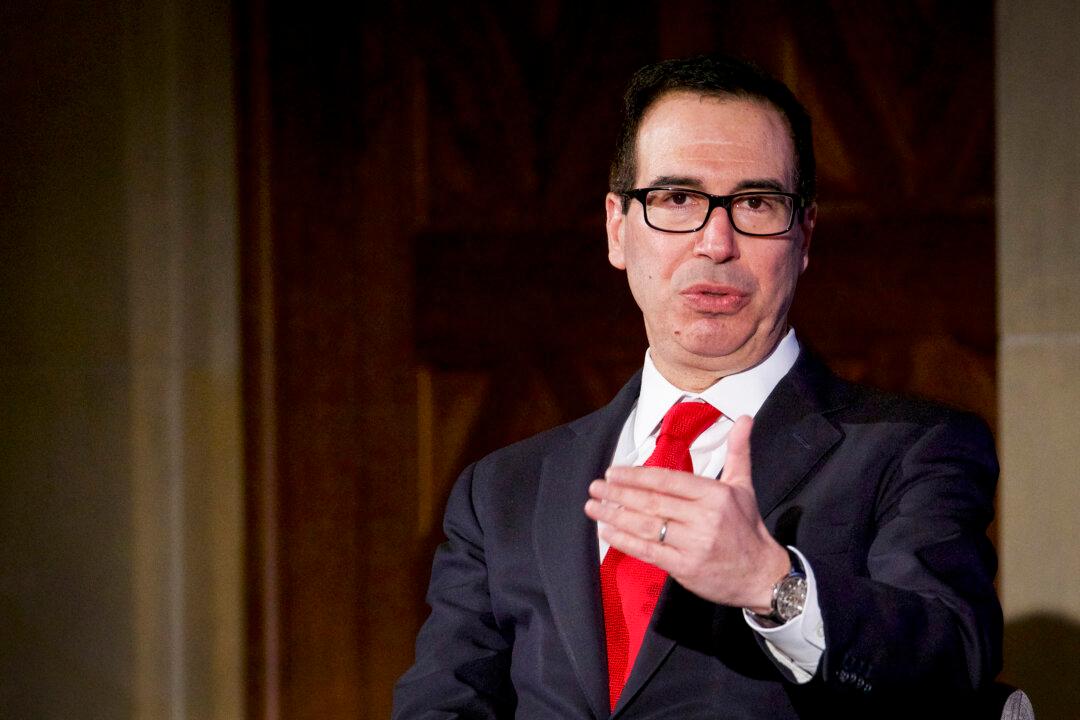WASHINGTON—The Trump administration is considering a change to the capital gains tax, a move that would benefit investors. While Democrats have bashed the plan, some experts have applauded the effort and are urging the government to stop penalizing savings with high taxes.
This change will be a “major plus” for investors, encouraging them to invest more in the United States, said Lewis Walker, a financial planning and investment strategist at Capital Insight Group.





